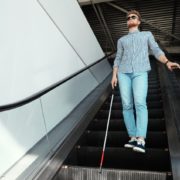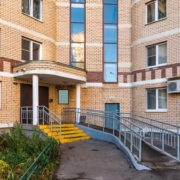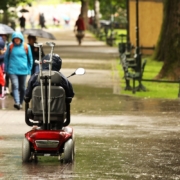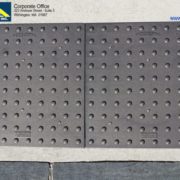Landmark Lawsuit: Oregon Department of Transportation ADA Settlement
The lawsuit filed by the Association of Oregon Centers for Independent Living on behalf of residents and visitors with disabilities has reached a settlement agreement. The agreement, which was approved by a U.S. District Court, requires the Oregon Department of Transportation to steadily upgrade their entire highway system to meet ADA compliance requirements.1
ADA guidelines require specific curb ramp slopes and accessible crossing signals to be installed as part of street and highway reconstruction projects. However, more than 20 years after these requirements were put into effect, residents of Oregon are still facing street crossings with improperly constructed or missing curb ramps.2
The High Cost of Delaying ADA Compliance
The failure of the Oregon Department of Transportation to meet the ADA-compliance standards was called out by the AOCIL in a joint lawsuit with eight individuals and seven communities who were directly affected by the resulting lack of accessibility. The litigation outlines the impacts, which include choosing between navigating unsafe street crossings or remaining isolated in their homes, and it outlines the DOT’s federal obligations to maintain and build ramps and signals that are ADA compliant.
Under the settlement agreement, the Oregon Department of Transportation will:2
- Complete an audit of all pedestrian crossing signals and curb ramps along all state highways within one year.
- Provide safe and accessible temporary routes during construction projects.
- Install missing curb ramps at crossings and intersections across the state.
- Fix curb ramps that do not meet ADA guidelines, including those with high edges, steep slopes, or not enough space for turning a wheelchair.
- Install or upgrade crossing signals to be within reach of a wheelchair, and include audible signals for those with low vision.
- 30% of identified curb ramp problems from the audit fixed within five years, to reach 75% within 10 years, and 100% within 15 years.
How Citizens and Advocacy Groups Sparked Change in Oregon
There are more than 12 million Americans with vision difficulty and more than 19 million who have ambulatory difficulty.3 These citizens are directly impacted by barriers to accessibility on our nation’s streets and highways. Organizations like the AOCIL are instrumental in advocating for the community and sponsoring ligation that motivates state and local governments to comply with existing ADA requirements.
The Association of Oregon Centers for Independent Living is a statewide collaborative group that includes seven centers for independent living in Oregon, with a mission to engage in community education and systems advocacy. Through the actions of groups like the AOCIL nationwide, more than 116 million dollars in monetary benefits were awarded in ADA legal actions during 2019 alone.4
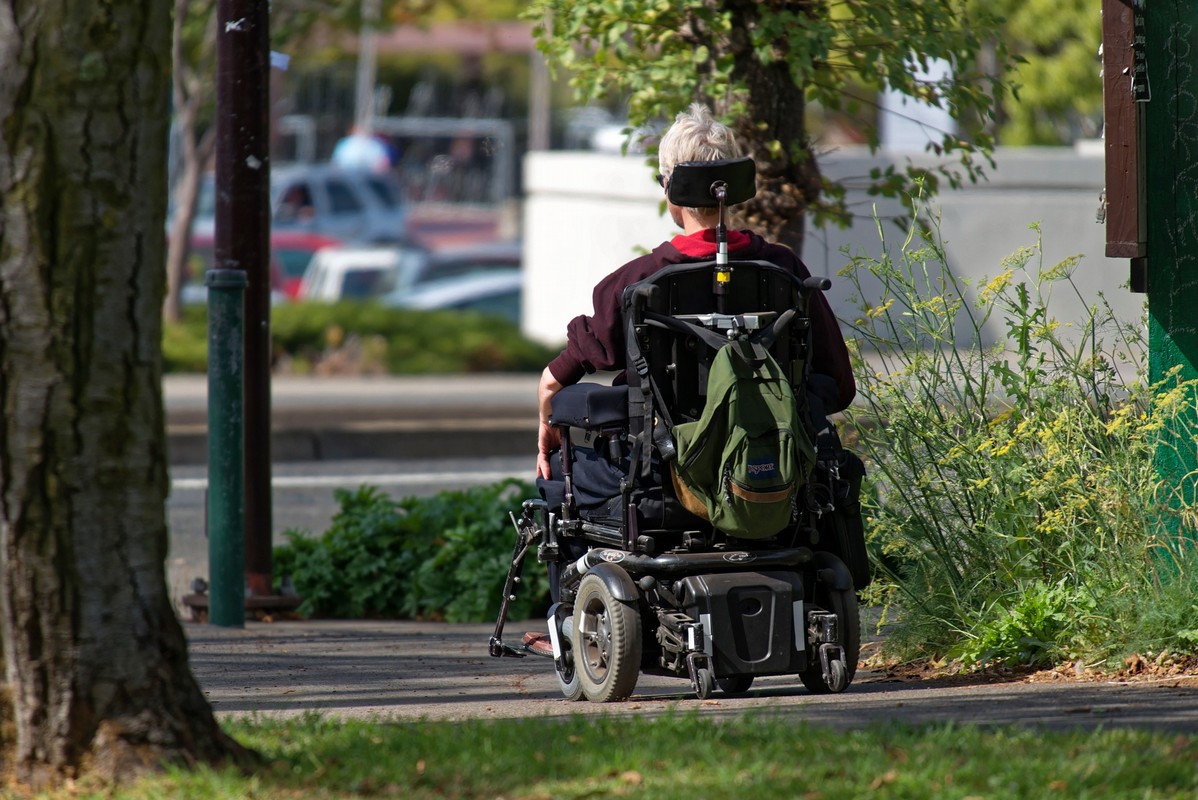
Constructing a New Level of Community Involvement
Joining a class-action lawsuit or advocacy group is one way to bring positive change to our streets and cities, but when our state and local construction projects are planned with easy, safe access for everyone, then all of our citizens can be truly engaged and involved in our communities.
ADA Solutions is dedicated to providing ADA-compliant materials and supplies for businesses and municipalities across the country. Whether for proactive accessibility planning or required changes to reach compliance and avoid legal action, we have the equipment you need to offer equal access and enjoyment to all citizens and customers. Contact us today to implement fast solutions for a more inclusive future.
Sources:


